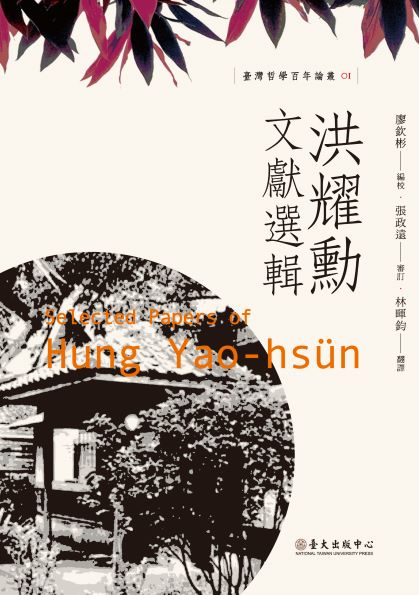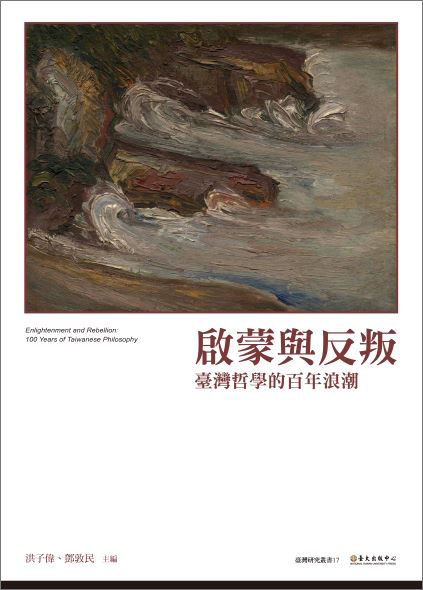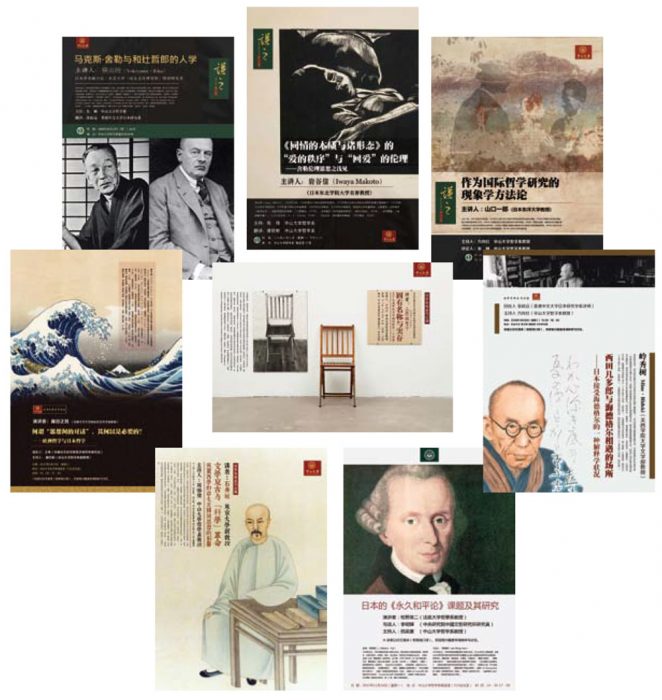COMMUNICATIONS
Nichibunken, a Place for Contemplating and Creating East Asian Philosophy
Since I led the Team Research Group project on “Creation and Development of Philosophy in East Asia: An Intercultural Perspective” starting in August 2019 (completed July 2020), my research has gradually shifted in focus from Japanese philosophy to East Asian philosophy. While describing the history of reception and development of Western philosophy in East Asia, I daily contemplated how to promote dialogue between cultures in the field of philosophy and how a philosophy of East Asia might be enunciated.
In that process, I narrowed down the overall picture of a new book I had been intermittently planning to write to the theme “Interconnections between Taiwanese, Japanese, and European Philosophies: The modernization of East Asian philosophy.” The book itself discusses the possibilities for the formation of Taiwanese philosophy and then, by exploring its relationship to Japanese and European philosophies, explores the interactions of and dialogue between the three.
The Taiwanese philosophers and thinkers to be treated in the book include Hung Yao-hsun, Yang Hsing-ting, Tseng Ching-lai, and Chang Shen-chieh. Novelist Chang When-huan also appears. They are discussed in connection with Japanese modern philosophers like Nishida Kitarō, Tanabe Hajime, Watsuji Tetsurō, Kuki Shūzō, Mutai Risaku, Miki Kiyoshi, and Kōsaka Masaaki. The scope of the study extends to sinology and research on religion and religious studies in modern Japan. Among other modern Japanese philosophers, thinkers, and religious scholars this book covers are Inoue Tetsujirō, Anesaki Masaharu, Murakami Senshō, Nukariya Kaiten, Kanie Yoshimaru, Takeuchi Yoshio, and Shirakawa Shizuka. Discussion of European philosophy focuses on great idealist Hegel, phenomenologist Husserl, Max Scheler, and Heidegger.

Liao Chin-ping (廖欽彬), ed. 100 Years of Taiwanese Philosophy Series, vol.1: Selected Papers of Hung Yao-hsün (台湾哲学百年叢書01洪耀勲文献選輯). National Taiwan University Press, 2019. Through editing, translation, and commentary, this book is like to me a launchpad for introducing and seeking the Taiwanese philosophy.

Hung Tzu-wei (洪子偉) and Deng Duen-min (鄧敦民), eds. Enlightenment and Rebellion: 100 Years of Taiwanese Philosophy (啓蒙与反判――台湾哲学的百年浪潮). National Taiwan University Press, 2018. A valuable work on Taiwanese philosophy.
My own interest in East Asian philosophy involves not only the aforementioned interconnections between the philosophies of the three regions but also the situation surrounding thought in colonial-period Vietnam and Korea and the development of philosophy in China since the second half of the 1920s. This wide-ranging research could not possibly be brought to completion using only books and other sources available in Taiwan and China, but also benefitting from the free research environment and abundant bibliographical resources at Nichibunken. I would like to express my deep gratitude to the faculty and staff of Nichibunken.

Posters for a lecture series on Western, Japanese, and Chinese philosophy held at Sun Yat-sen University in 2015−2018.




